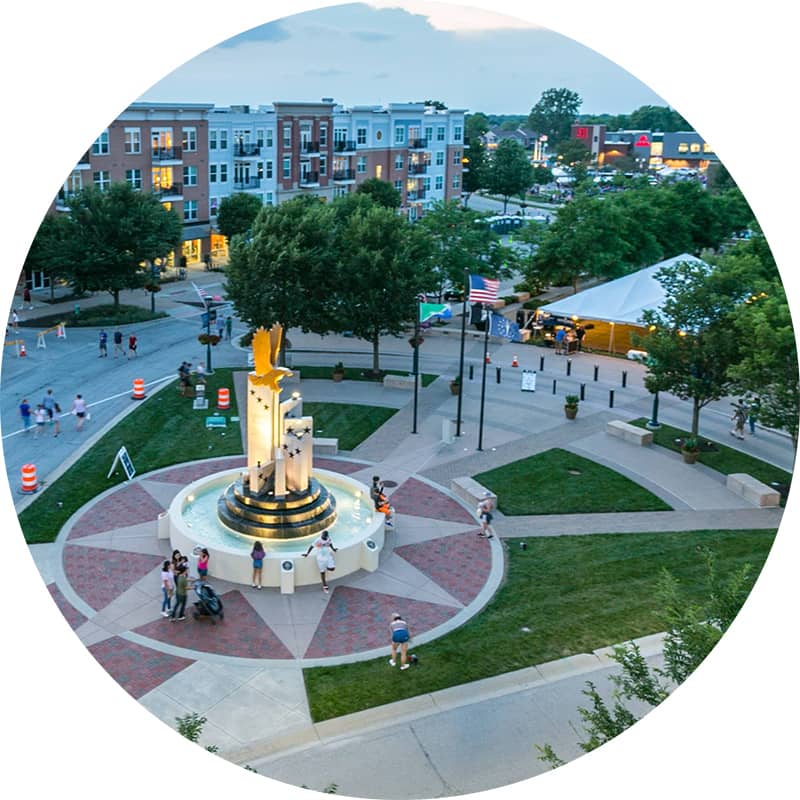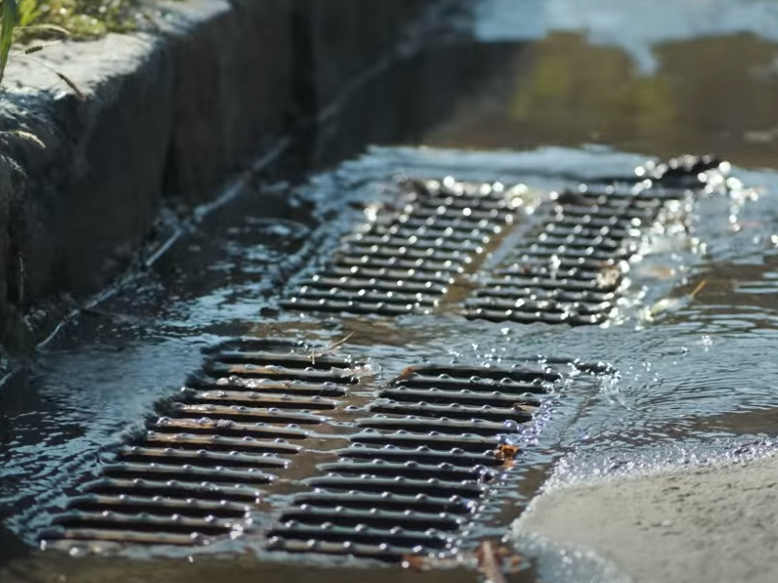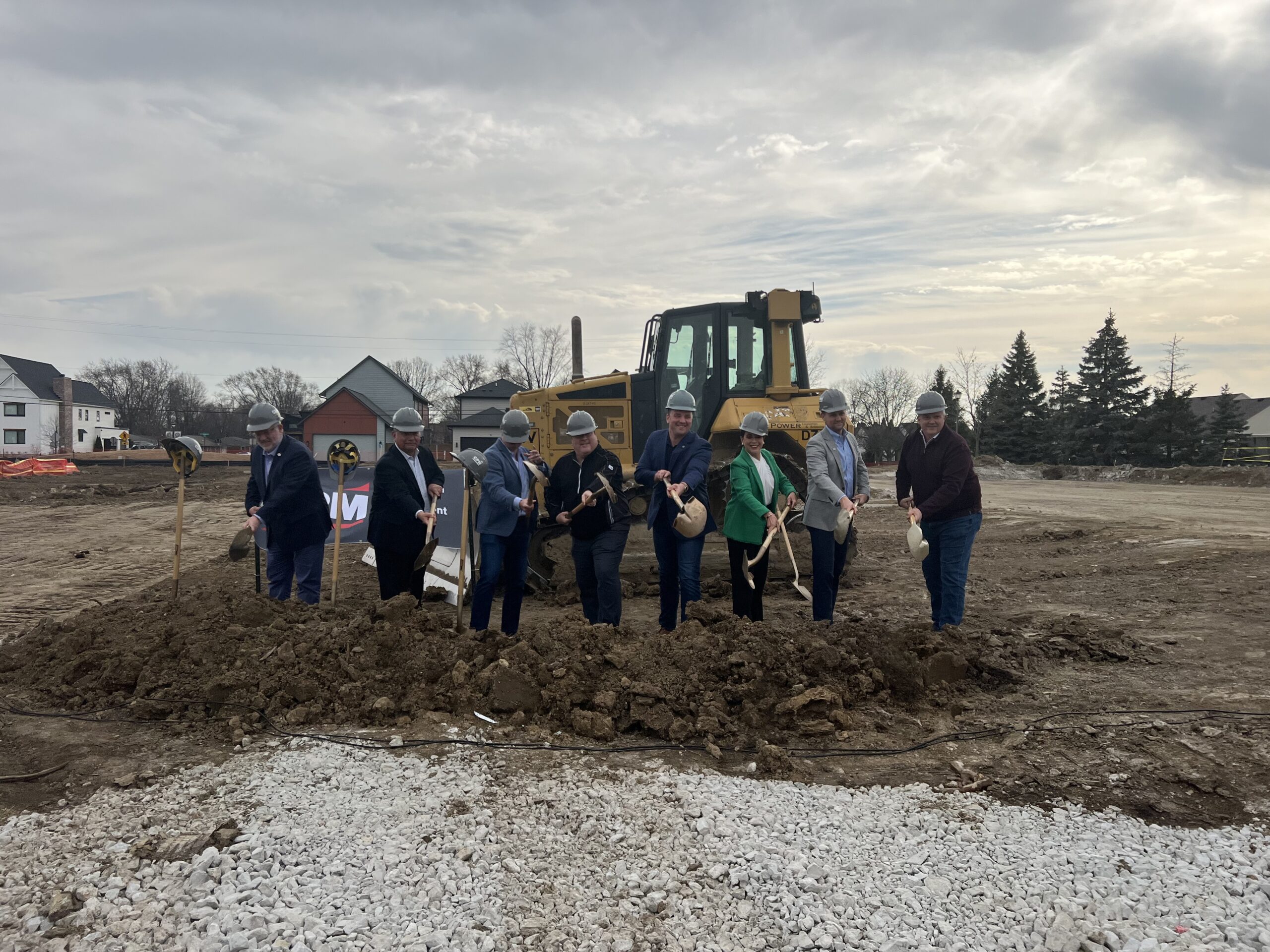Welcome to Fishers, Indiana – a Smart, Vibrant, and Entrepreneurial City.
Our dynamic city is not only one of Indiana’s fastest-growing communities but also a national standout in livability, safety, and entrepreneurial spirit. See for yourself how Fishers is shaping a future where neighborhood development, business support, and smart city initiatives blend seamlessly.

Featured Services & Resources
Spotlight on Fishers
Events & Meetings
- Technical Advisory Committee Virtual Meeting April 25, 2024
- Early Voting
- Impact Fee Review Board Meeting for April 25, 2024
- NOTICE – Fall Creek Board of Zoning Appeals Meeting April 25, 2024 – CANCELED
- Early Voting
- Arbor Day Tree Giveaway
- Early Voting
- Non-Profit Grant Committee – 4/29/2024
- Redevelopment Commission Meeting for April 29, 2024
- Redevelopment Commission Meeting for April 29, 2024










